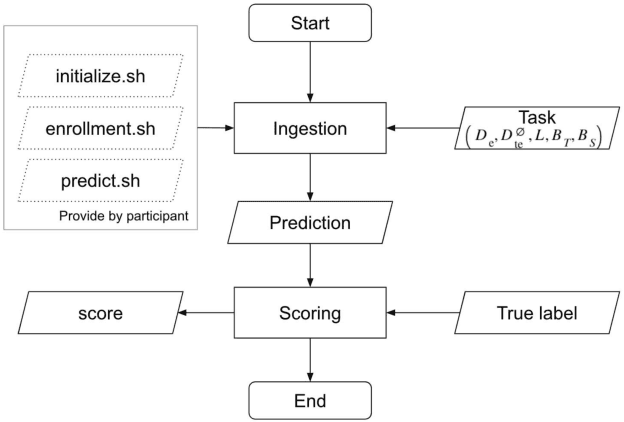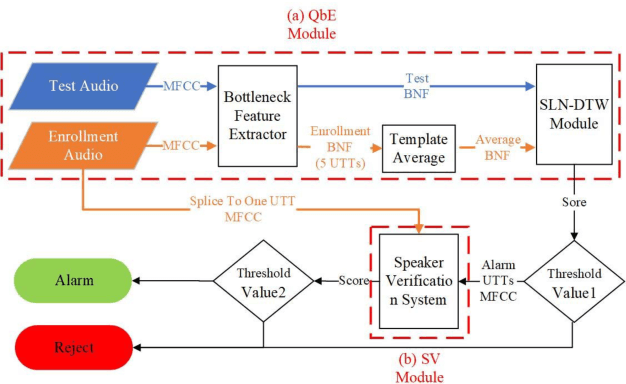Chunyu Zhao
SalM$2$: An Extremely Lightweight Saliency Mamba Model for Real-Time Cognitive Awareness of Driver Attention
Feb 22, 2025



Abstract:Driver attention recognition in driving scenarios is a popular direction in traffic scene perception technology. It aims to understand human driver attention to focus on specific targets/objects in the driving scene. However, traffic scenes contain not only a large amount of visual information but also semantic information related to driving tasks. Existing methods lack attention to the actual semantic information present in driving scenes. Additionally, the traffic scene is a complex and dynamic process that requires constant attention to objects related to the current driving task. Existing models, influenced by their foundational frameworks, tend to have large parameter counts and complex structures. Therefore, this paper proposes a real-time saliency Mamba network based on the latest Mamba framework. As shown in Figure 1, our model uses very few parameters (0.08M, only 0.09~11.16% of other models), while maintaining SOTA performance or achieving over 98% of the SOTA model's performance.
MERLIN: Multi-stagE query performance prediction for dynamic paRallel oLap pIpeliNe
Dec 01, 2024Abstract:High-performance OLAP database technology has emerged with the growing demand for massive data analysis. To achieve much higher performance, many DBMSs adopt sophisticated designs including SIMD operators, parallel execution, and dynamic pipeline modification. However, such advanced OLAP query execution mechanisms still lack targeted Query Performance Prediction (QPP) methods because most existing methods target conventional tree-shaped query plans and static serial executors. To address this problem, in this paper, we proposed MERLIN a multi-stage query performance prediction method for high-performance OLAP DBMSs. MERLIN first establishes resource cost models for each physical operator. Then, it constructs a DAG that consists of a data-flow tree backbone and resource competition relationships among concurrent operators. After using a GAT with an extra attention mechanism to calibrate the cost, the cost vector tree is extracted and summarized by a TCN, ultimately enabling effective query performance prediction. Experimental results demonstrate that MERLIN yields higher performance prediction precision than existing methods.
Auto-KWS 2021 Challenge: Task, Datasets, and Baselines
Mar 31, 2021



Abstract:Auto-KWS 2021 challenge calls for automated machine learning (AutoML) solutions to automate the process of applying machine learning to a customized keyword spotting task. Compared with other keyword spotting tasks, Auto-KWS challenge has the following three characteristics: 1) The challenge focuses on the problem of customized keyword spotting, where the target device can only be awakened by an enrolled speaker with his specified keyword. The speaker can use any language and accent to define his keyword. 2) All dataset of the challenge is recorded in realistic environment. It is to simulate different user scenarios. 3) Auto-KWS is a "code competition", where participants need to submit AutoML solutions, then the platform automatically runs the enrollment and prediction steps with the submitted code.This challenge aims at promoting the development of a more personalized and flexible keyword spotting system. Two baseline systems are provided to all participants as references.
 Add to Chrome
Add to Chrome Add to Firefox
Add to Firefox Add to Edge
Add to Edge